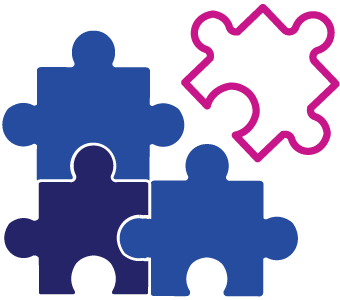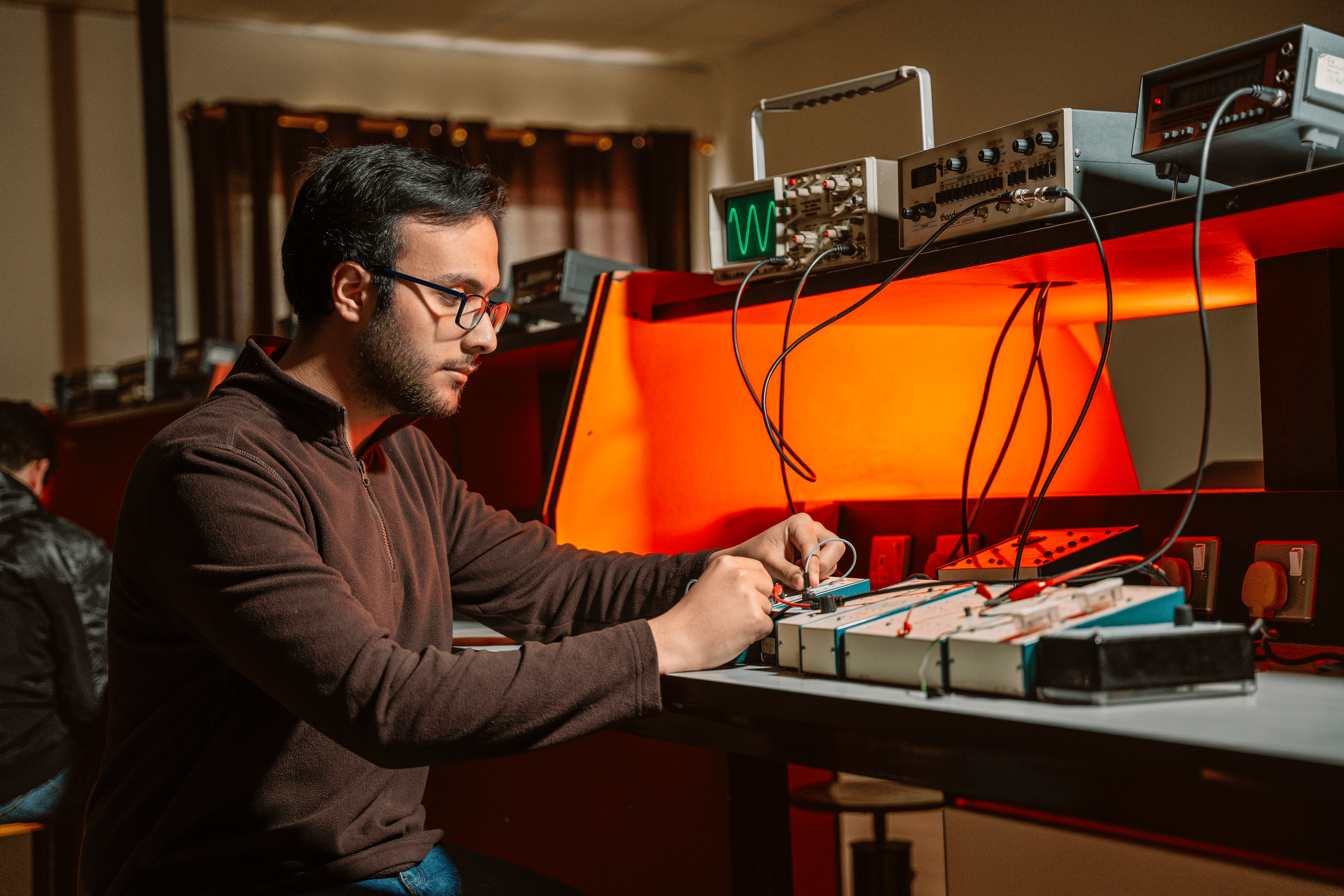Al-Ahliyya Amman University
Program Description
Communications and Computer Engineering
Bachelor
The bachelor’s degree in Communications and Computer Engineering was established in 2022 after merging the two departments of Electronics and Communications Engineering and the Computer Engineering to meet the market demand for qualified engineers both locally and regionally. Since the date of establishment, the total number of more than 95 undergraduate students enrolled in the program. The Program has qualified and experienced full-time faculty members consisting of 1 full professor, 2 associate professors, 2 assistant professors, 1 lecturer, 3 laboratory engineers, and one technician. Students who pursue this highly esteemed specialization have excellent job chances. Students who complete this degree are well-positioned to find work in navigation systems, broadcasting and communication systems, radar technologies, fiber optics, satellite communications, software and system maintenance, internet engineering and website development, troubleshooting, maintenance, repair, and pursue the academic career.
Communications and Computer Engineering
Number Of Credit Hours
160

Faculty of Engineering
Admission Requirements
Admission requirements of the Bachelor degree in the Communications and Computer Engineering program include a High School Certificate or equivalent in the following:
80%
- Scientific
- Scientific - Medical Field
- Scientific - Engineering Field
- Industrial
Job Opportunities

Wireless Communications Engineer
Wireless Network Engineer
IT Engineer
Mobile Communications Engineer
Data Transmission Engineer
Programming of Computer Networks
Developing Software Tools
Programming of Computer Networks
Design of Embedded Systems and Electronic Cards in Electronic Companies
Sales Engineer
Electronic Governments
E-Commerce
Information Security
Research Centers
Study Plans and Program Files
Educational Objectives

Program Educational Objectives (PEO's):
The objectives of the Communications and Computer Engineering program are to produce graduates who:
- Apply breadth and depth of knowledge, critical thinking, and problem solving skills to excel in professional careers, and address contemporary real life issues related to communications and computer engineering.
- Pursue graduate degrees and engage in professional development and lifelong learning.
- Communicate and work effectively in a team environment and demonstrate commitment to the professional and ethical standards of engineering.
- Attain leadership roles in profession and community.

Student Outcomes (SO's):
An ability to identify, formulate, and solve complex engineering problems by applying principles of engineering, science, and mathematics.
An ability to apply engineering design to produce solutions that meet specified needs with consideration of public health, safety, and welfare, as well as global, cultural, social, environmental, and economic factors.
An ability to communicate effectively with a range of audiences.
An ability to recognize ethical and professional responsibilities in engineering situations and make informed judgments, which must consider the impact of engineering solutions in global, economic, environmental, and societal contexts.
An ability to function effectively on a team whose members together provide leadership, create a collaborative and inclusive environment, establish goals, plan tasks, and meet objectives.
An ability to develop and conduct appropriate experimentation, analyze and interpret data, and use engineering judgment to draw conclusions.
An ability to acquire and apply new knowledge as needed, using appropriate learning strategies.



